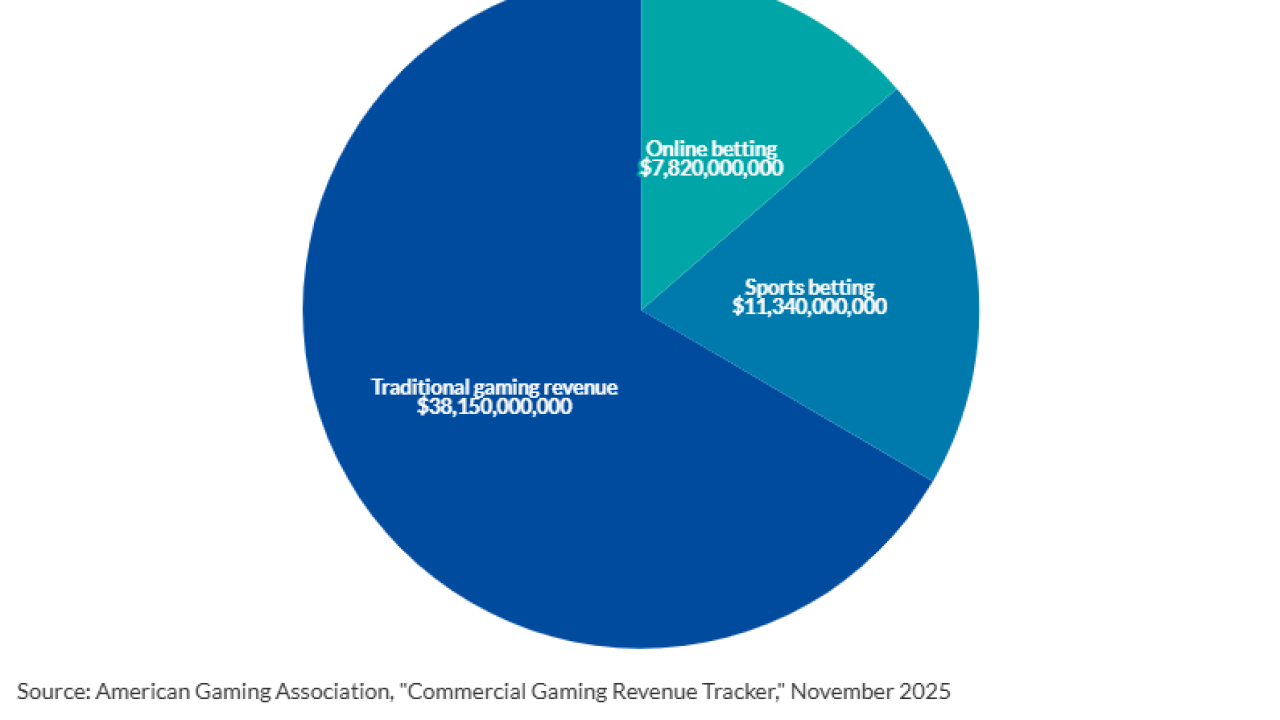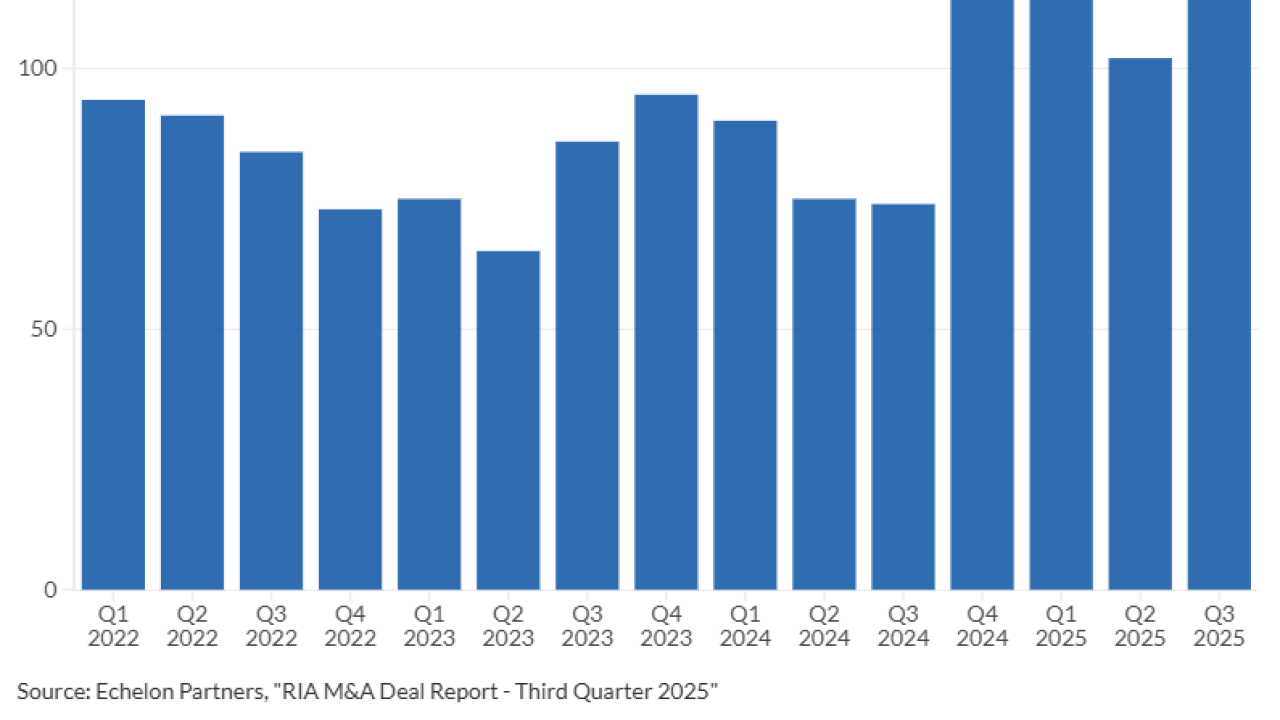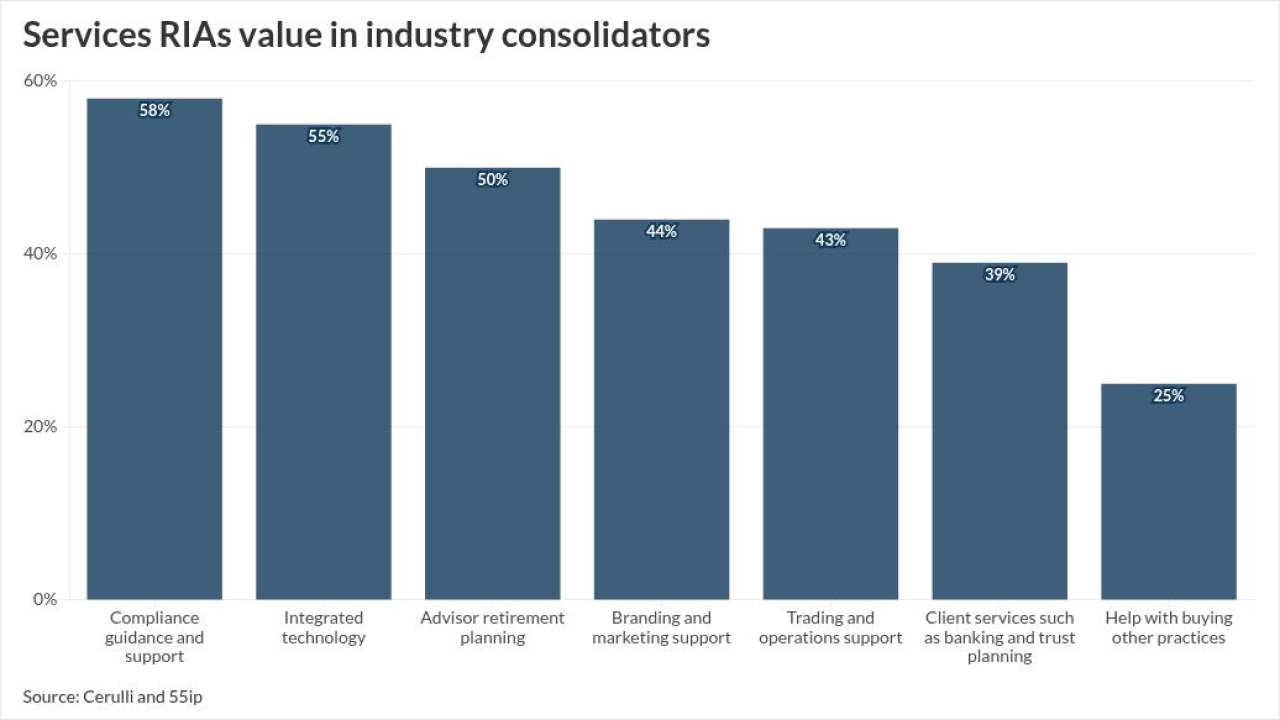Our daily roundup of retirement news your clients may be thinking about.
Delaying measures to fix Social Security and Medicare could result in substantial income losses for the younger generations, according to this article from Forbes, citing a study by the Bipartisan Policy Center. Millennials and other younger clients would see their Social Security benefits decrease 21% once the program runs out of funds by 2034, with their Medicare’s hospital benefits reduced by as much as 17% on average. To keep Social Security solvent, the article, written by an outside contributor, advocates for an immediate payroll tax rate increase to 15.18% from 12.4%.

A study by Women's Philanthropy Institute has found that married couples and single women are likely to keep the amount of charitable donations they make even after they retire, according to this article on CBS Moneywatch. Retirees who want to continue donating to charity without outliving their nest egg are advised to use their savings to generate a steady lifetime income. Another option is to donate to charity directly from their IRA through a qualified charitable distribution once they turn 70 1/2, as the donation will be counted towards their required minimum distribution but excluded from their taxable income.
If IRA investors die without a will, their assets will be distributed to their loved ones according to their state's intestate laws, writes an expert for MarketWatch. They will be better off designating beneficiaries from the beginning, as the outcome will be unfavorable if their estate inherits the IRA assets, writes the expert. "By naming beneficiaries correctly, there will be less expense, aggravation, processing time and taxes for your descendants."
Instead of the investing-for-income-preserve-principal approach, clients will be better off using the total-return approach when investing for retirement, writes an expert for USA Today. "That’s the practice of generating income from dividends and interest income, and dipping into principal. With this approach, retirees would sell their assets (stocks, bonds and cash) to meet their income needs," explains the expert. "And by doing so, retirees are able to use all the tools in the toolbox to generate income, not just dividends and interest."
A survey by Bankrate.com has found that 28% of workers are making more contributions to their retirement accounts this year than last year, according to this article on personal finance website Motley Fool. "If you're not saving at least 10% of your income for retirement, raise your contributions to that level without delay," says an analyst with Bankrate. "And once you're at 10%, aim to increase that to 15%, which is the target most working Americans should aim for."





